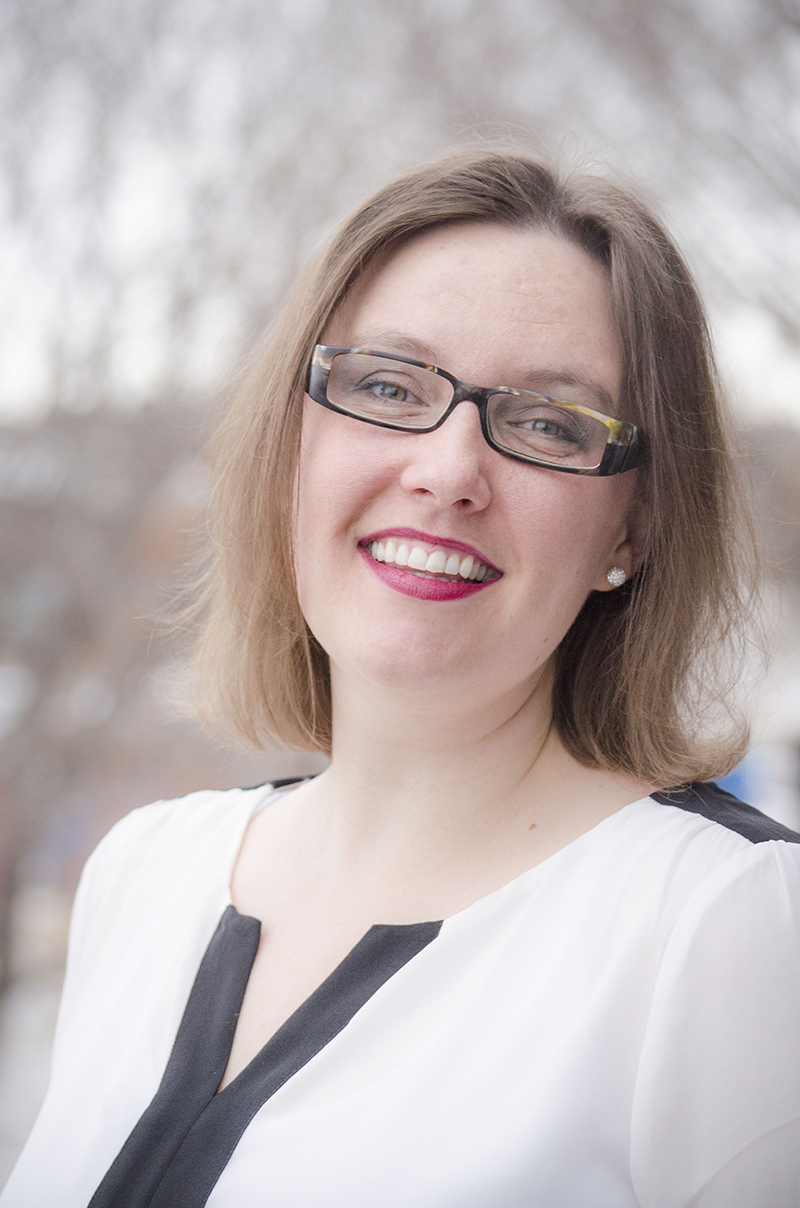
Carrie Demmans Epp is a new assistant professor in the Department of Computing Science at the University of Alberta.
Learning, language, and computing science have been a lifelong passion for new assistant professor of computing sciences Carrie Demmans Epp. In her undergraduate studies, Demmans Epp double majored in computer science and Russian. "Computing science is largely about learning languages," she said. "If you look at training programmers, a huge component is language learning."
Since then, Demmans Epp has focused on developing and studying technology to aid learning in digital environments, an area known as adaptive educational technology. The world of digital learning is becoming increasingly important as the global classroom continues to grow and grow with the proliferation of MOOCs, or massive open online courses, available to anyone, anywhere in the world. Currently, Demmans Epp has two large projects on the go in this area.
The first is an investigation of how students learn through discussion in the digital classroom. By measuring meaningful aspects of learning online, Demmans Epp and her colleagues identify indicators of learning among successful students and are building a model to help make digital classroom more supportive for all learners. "Ultimately, we'd like to build a tool that provides feedback to both the student and the instructor that will improve understanding and learning in the online space," she explained.
The second project is an app to improve adult literacy. Working in conjunction with psychologists, Demmans Epp and her colleagues are developing a robust application for adult learners that will move from games to interactive scenarios to interaction with other learners on the app. The project is now in the development phase and is underway with help from a group of undergraduate students in Demmans Epp's Adaptive Learning Technology course. Her students will use their expertise in human-computer interaction, artificial intelligence, and programming to build the interactive scenarios for the app.
Incorporating this kind of hands-on research and development work into her students' education is well-aligned with Demmans Epp's ethos as a researcher and an instructor. "Getting my feet wet in research during my undergraduate degree was formative for me. Now, I can share that experience with my own students."